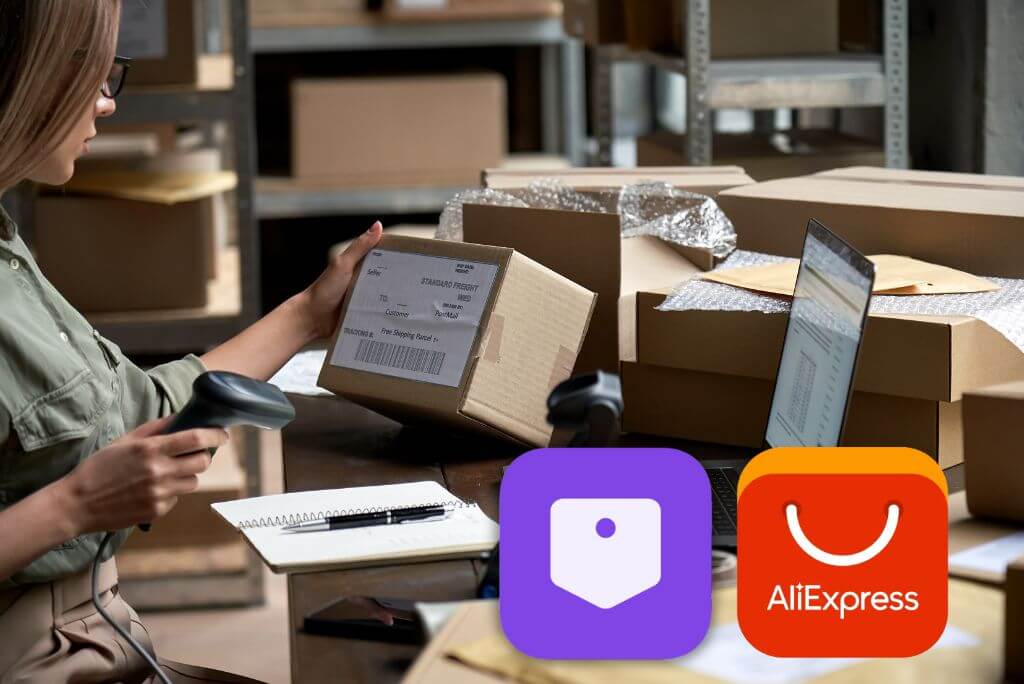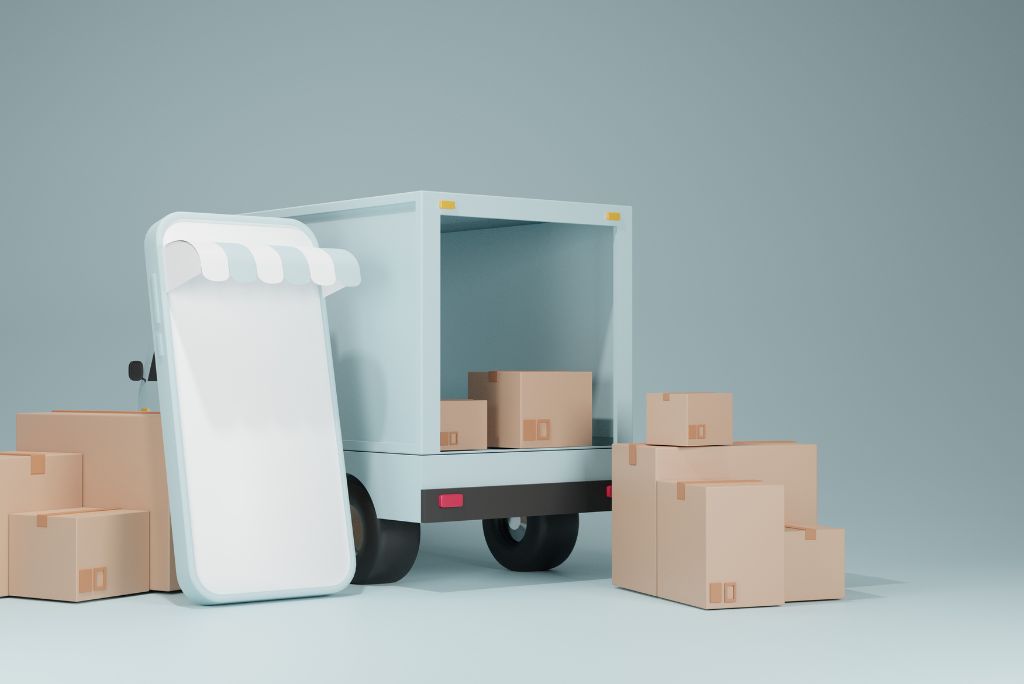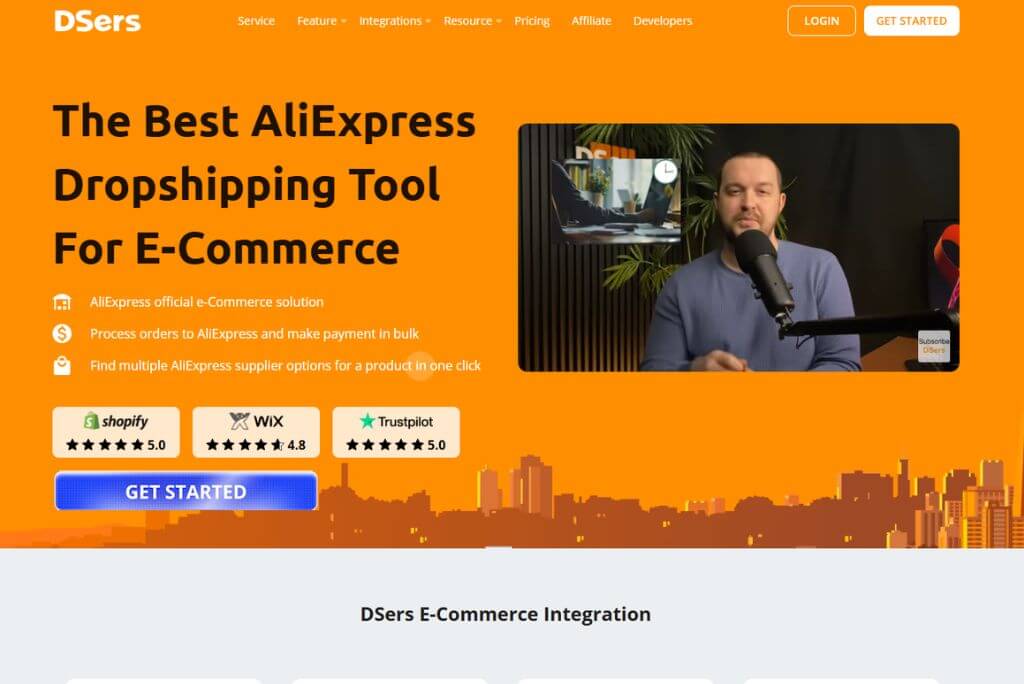How to find a dropshipping supplier? A Step-by-Step Guide

Dropshipping is one of the easiest business models to get into, but to drive sustainable sales, you need to find a reliable supplier. We give you all the insights into this process and also the things to avoid.
Table of contents
What is a dropshipping supplier?
A dropshipping supplier is a third-party business that stocks inventory and ships products directly to your customers on your behalf. Unlike traditional retail, you don’t need to manage inventory or handle shipping logistics. However, the success of your dropshipping business heavily depends on the supplier’s reliability and performance.

Key features of a reliable dropshipping supplier
When searching for a supplier, look for these essential qualities:
- Reliability: Consistency in shipping times and order fulfillment.
- Product variety: A broad catalog that aligns with your niche.
- Transparency: Clear pricing and policies.
- Customer support: Accessible and responsive communication.
- Scalability: Ability to support your business as it grows.
These factors ensure a strong partnership and customer satisfaction.

Where to find dropshipping suppliers?
There are several ways to locate dropshipping suppliers:
Dropshipping platforms
- Websites like AliExpress, Spocket, and Oberlo are popular for connecting with suppliers. They offer integration with e-commerce platforms like Shopify, making the process seamless.
Supplier directories
- Paid directories such as SaleHoo or Worldwide Brands provide a curated list of verified suppliers, saving you time on research.
Trade shows and industry events
- Attending trade shows allows you to meet potential suppliers face-to-face, assess their products, and establish trust.
Google searches
- Search using terms like “wholesale suppliers” or “[niche] dropshipping supplier.” Be prepared to dig through multiple pages for the best options.
Networking
- Join dropshipping forums, social media groups, or industry-specific communities to gain recommendations from other entrepreneurs.

Questions to ask potential suppliers
Before committing to a supplier, ask key questions to assess their suitability and professionalism. Start by inquiring about shipping options and delivery times to ensure they meet your customer expectations. Additionally, ask about their return and refund policies to evaluate their reliability in resolving potential issues.
Next, clarify if there are any hidden fees or minimum order requirements to avoid unexpected costs. Request product samples to check quality and confirm if they integrate seamlessly with your e-commerce platform. These steps ensure a reliable partnership.

Tips for vetting suppliers
- Order samples: Always test the supplier’s products and services before listing them in your store.
- Check reviews: Look for feedback from other businesses that have used the supplier.
- Assess communication: A responsive supplier is crucial for resolving issues quickly.
- Verify business details: Ensure the supplier is legitimate by checking their business credentials.

Tools to simplify the process
Tools like DSers, Zendrop, and Inventory Source can simplify supplier research and management. DSers streamlines bulk order processing, Zendrop ensures fast shipping and branded packaging, while Inventory Source automates inventory syncing and order routing. These tools save time and help maintain smooth and efficient dropshipping operations.

Red flags to avoid
Be cautious of suppliers who:
- Have vague or hidden pricing policies.
- Take too long to respond to inquiries.
- Lack clear shipping and return policies.
- Show poor customer reviews or unresolved complaints.
A bad supplier can damage your reputation, so vet them thoroughly.



